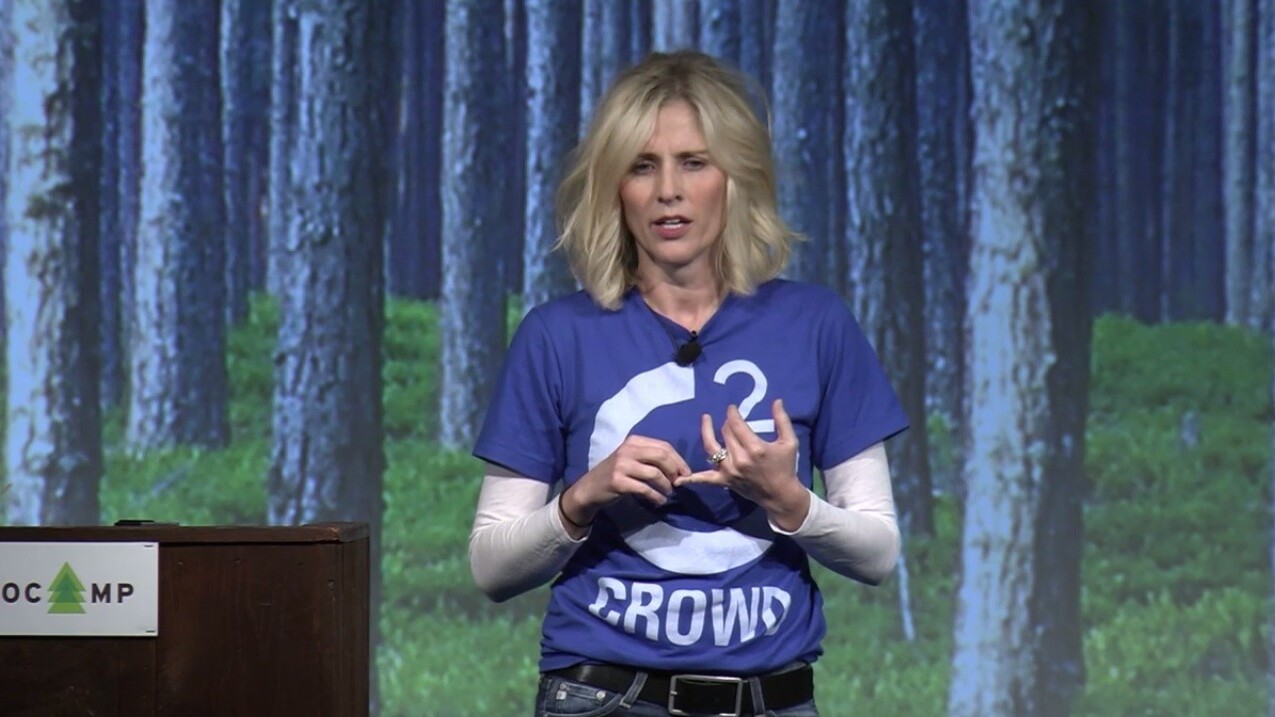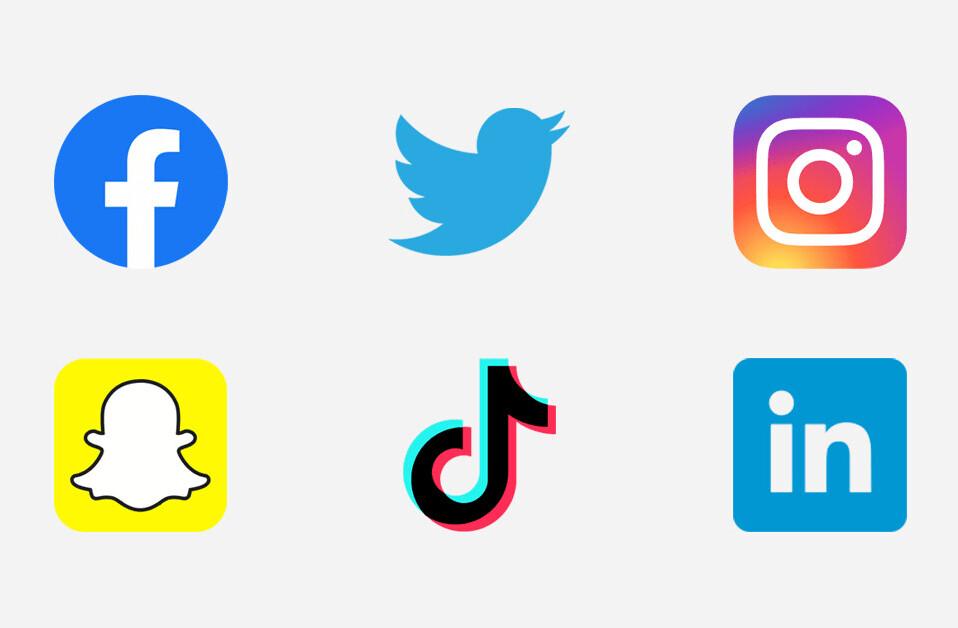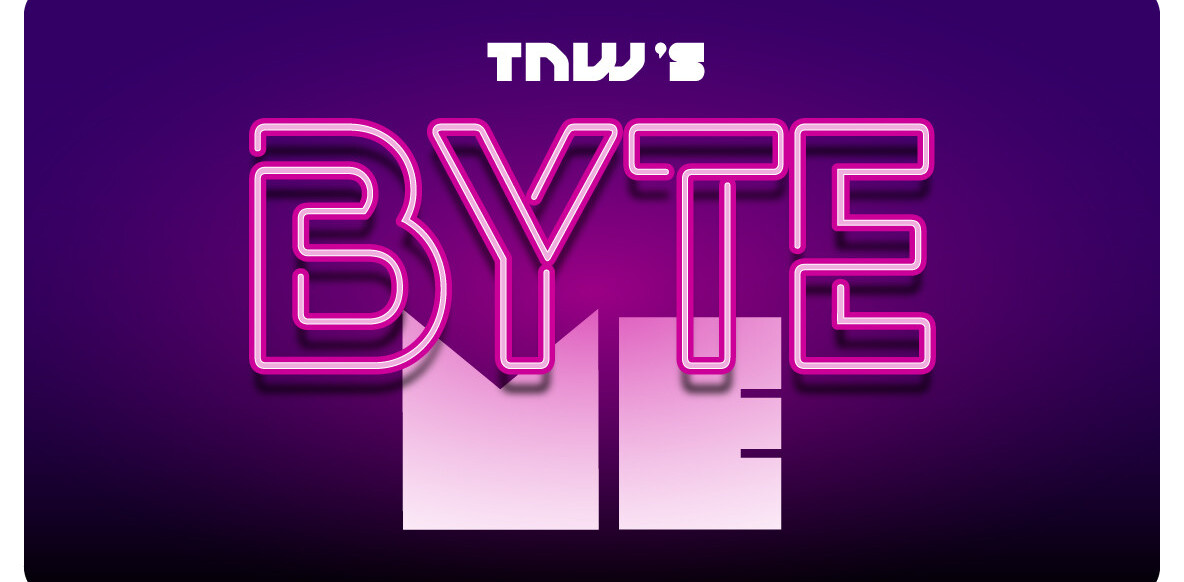
Women in tech are having a difficult time overcoming the pay and hiring gap. It feels as though every day, a new report is released detailing that the tech industry doesn’t hire women, doesn’t pay them the same as men, and isn’t fair to mothers. G2 Crowd CMO Adrienne Weissman has been a top executive for some of the biggest companies in tech, and she’s made closing the gender gap her personal mission:
There are basic expectations now that women are going to have work even harder to get just as far. How can I help women who may not have had the same benefit as me, how can I help women fight for their right just to be there?
Weissman is a marketing guru whose current endeavors involve shaping the way businesses work with one another. Her ambition is obvious; her talent landed her executive spots at LinkedIn and Google.
She’s spent her career shaping the way businesses engage with each other and customers. She’s also quick to point out that — along with her other accomplishments — she’s a working mother of three.
The recent Uber shake-up – and too many other examples to count – brought the bro-culture of Silicon Valley back into the spot-light. Report after report indicates women are hired less, often face discrimination when they are hired, and have little recourse other than to seek companies founded by women to get a reprieve.
This, of course, isn’t true across the board. Weissman had great things to say about Google and LinkedIn:
I had fantastic experiences being at those really amazing companies, especially being an expectant mother and a working mother. The maternity leave that I got, it was wonderful, I’ve benefited in ways that probably aren’t representative of most women in tech. It’s so important to have support and it’s important for women to be able to take the time off for family, but also that they be able to return to work as well. That’s what was so exciting about the opportunity I had here at G2 Crowd, I got to be a part of this very early on. It was very important for me to take our existing policies, and to share my story — to help this company become a leader in areas like family leave and supporting women. We started our own women’s group, sort of a board for women so that we’re being heard.
Another woman with a reputation for ideas that empower women in tech is Facebook Chief Operating Officer Sheryl Sandberg. She’s one of the top executives for the biggest social media platform there is. She’s also the author of the book Lean In: Women, Work, and the Will to Lead. Her ‘lean in’ platform was so popular that the NBA and WNBA partnered with her to raise awareness for gender inequality. Sandberg’s lean in initiative is a business motto asking women to physically lean in to be heard, or always be raising their hands. The Facebook COO believes that seeking promotion should be a constant objective, even for women who are starting families.
Weissman, acknowledging that she and Sandberg are working toward the same goals, says:
I think Lean in, it’s not the whole solution. What I’m saying is complimentary, of course, but not every woman has the opportunity to lean-in. Sometimes just getting to a place where you’ve earned your right to exist, to even be somewhere at all, feels like more work than you can handle. It’s about standing your ground and being firm in your convictions. Taking on more, always raising your hand can distract from the big picture. Women should have goals and realize it’s not always about being reactive. Stand firm, or be like concrete. Lean-in, it is amazing when you have the opportunity, but not everyone is going to get those chances all the time.
Her vision, of a workplace where women don’t have to raise their hands or demand more responsibility in order to prove they are better candidates than men, is a positive one. She wants to see women in tech have the same quality of life that men have. She wants them to be hired because they are qualified. Weissman wants women to be paid the same as their male counter-parts, and be given the same opportunities, even if they don’t necessarily have the opportunity to lean-in.
When it comes to hiring practices, Weissman has no problem voicing her issues, when asked how she’d respond to someone who feels that there aren’t enough quality female candidates in tech:
I literally want to freak out when I hear things like that. I question and challenge every bit of it. Are you really trying? Are you proactively seeking candidates? It’s very disappointing. Even in the White House, Obama had a well-represented staff as far as women went and we saw benefits. Companies with women representing them do better at hiring other women because they’re seeking out those candidates.
Once hired, though, women’s woes certainly don’t end. Men and women have different needs. Guys don’t have to worry about whether potential employers are going to view pregnancy as a deal-breaker. Men expect that their home-lives and families won’t be considerations when they’re hired, up for a promotion, or being given new projects. When salary concerns arise, men are typically subjected to different scrutiny than women. It isn’t fair to women, this much has been shown.
Weissman believes women shouldn’t have to ask for more than their fair share of work, or be forced to put together a team of people, in order to succeed in the tech industry. When she hears ‘lean in’ she wonders about the women who don’t have that opportunity, and offers them this advice:
Women who can’t just lean-in have to be their own marketing voice. You have to establish yourself, firmly, and stay on message. It’s not just about being reactive, or being ready to take a shot. Be your own marketing voice. Practice it. Say it out loud every day. If you’re trying to develop change you have to be a broken record. Practice a short speech, a short way of expressing what you want, and say it every day. Tie your message to your team goals if you can.
Adrienne Weissman approaches everything with positive ambition, and that’s her strategy for women in the workplace. It’s obvious there’s a problem and no one person or company can fix it alone. Weissman believes that women should develop a strategy that prepares them to lean-in when the chance is there, but also facilitates standing firm and being immovable on their basic right to be treated fairly in the workplace.
Get the TNW newsletter
Get the most important tech news in your inbox each week.




